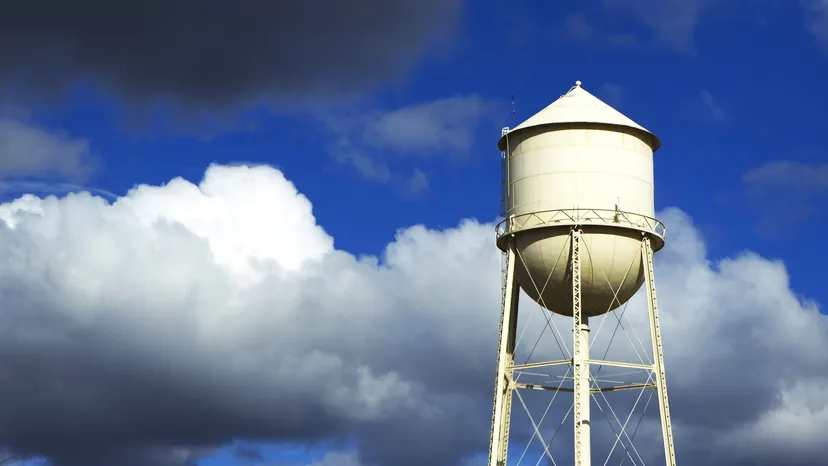The Purpose of a Water Tower

Water towers are an integral part of many communities around the world. They play an important role in providing safe and reliable water supply to homes and businesses. But what is the purpose of a water tower? This article will explore the purpose of water towers and how they work to provide a reliable water supply.
What is a Water Tower?
A water tower is a large elevated structure that stores water at a height above the ground. Water towers come in a variety of shapes and sizes, but they all have the same basic purpose: to store water at an elevated level. Water towers are typically made of concrete, steel, and wood, and are typically located in an open area, such as a park or field. The water stored in a water tower is typically provided by a nearby water source, such as a river, lake, or reservoir. Water towers are typically painted a bright color in order to make them visible from a distance.
How Does a Water Tower Work?
Water towers work by using the natural force of gravity to move water from a lower elevation to a higher elevation. When water is stored in a water tower, it is stored at a higher elevation than the nearby water source. This allows the water to be moved to a lower elevation by gravity. This process is called hydrostatic pressure, and it is the main force that allows water to be moved from a water tower to nearby homes and businesses.
What is the Purpose of a Water Tower?
The primary purpose of a water tower is to provide a reliable source of water to nearby homes and businesses. By storing water at a higher elevation than the nearby water source, water towers are able to keep water pressure consistent, allowing for a steady flow of water to nearby homes and businesses. Water towers also help regulate the pressure of the water supply, which helps to reduce the risk of water main breaks and other water-related issues.
Benefits of Having a Water Tower
The main benefit of having a water tower is that it provides a reliable source of water to nearby homes and businesses. Water towers also help regulate the pressure of the water supply, which helps to reduce the risk of water main breaks, as well as other water-related issues. Additionally, water towers help to conserve water, as they store water at a higher elevation than the nearby water source, which reduces the amount of water that needs to be pumped from the source to homes and businesses.
Potential Drawbacks of Water Towers
Though water towers provide many benefits, they can also have potential drawbacks. One potential drawback of water towers is that they can be a target for vandalism and graffiti. Additionally, water towers require regular maintenance, as they need to be inspected for potential leaks and other issues. Finally, water towers can be expensive to construct and maintain, as they require a significant amount of material and labor.






